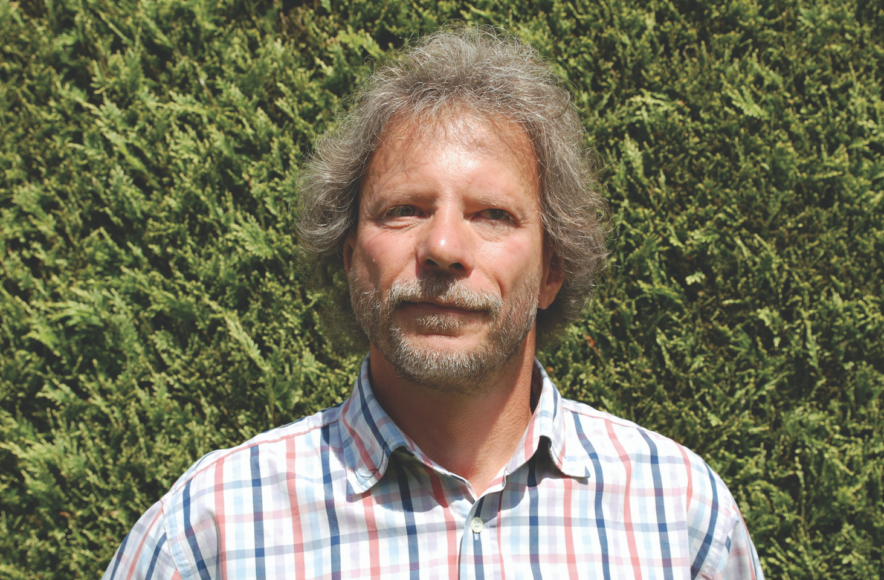Is there anybody out there?

We are in the process of handing back a significant contract to a local authority. We have been supporting people with a learning disability in this locality for over 15 years and we feel a strong connection to them, to our colleagues who have worked so hard and to the local community of which we are a part. Over this time there have been so many great stories of individual achievement and triumphs and we really proud to have been a part of their lives. So this is not a decision we have taken lightly, but we are just completely exasperated and enough is enough.
We have been attempting to negotiate with the local authority for over three years to reshape this contract and to place it on a financially sustainable footing. We have provided an ‘open book’ explanation of why the current level of funding is inadequate and benchmarked to rates paid for similar services elsewhere. “No, not possible,” comes the response.
We have asked the authority to reassess the needs of the individuals we support. “Oh yes, we will,” they say, but never actually do so. We have offered to redesign services, make greater use of technology, and collaborate with other local providers to produce efficiencies. “Ah good idea,” they say, “but you must let us manage that process” and then stonewall every attempt to take this forward.
So with great sadness we have handed in our notice and will have left by Christmas.
Unsurprisingly it transpires that there are no other local providers willing to take these services on. This leads to a last-minute offer to agree the rates we first proposed three years ago, but we cannot reach agreement on other aspects and so the authority will have to make alternative arrangements.
This really is an avoidable state of affairs. There are three things that would make such a big difference.
More Money: Yes it is obvious and predictable, but is also true. Local authorities need to be properly funded. The Institute for Fiscal Studies highlights that funding for social care has reduced in real terms by 7.5% since 2010. Social care workers demonstrated their value throughout the pandemic we should show how we value them by paying them a fair wage. The Prime Minister and the Chancellor have dodged this question for too long. It is time for Boris to fulfil his promise to ‘fix social care’.
Dare to innovate: Too many local authorities continue to insist on commissioning the same old services as they always have done. They continue to pay on a ‘time spent’ basis – for support hours delivered, believing that the answer is to reduce contracted hours and hold down prices. There’s a challenge for authorities to work with users and providers to apply some imagination. Trust us, we know there are different ways of supporting people that work – so let’s make these mainstream rather than the exception.
Collaborate: In such tough times we have to be willing to see this as a shared problem to solve together. It is not helpful for Commissioners and regulators to see this simply as something that is contracted out to registered providers to sort out. Acceptance that delivering great social care requires risk sharing is fundamental. We all have something to gain from getting it right.
Unless these challenges are responded to swiftly the great fear will be that commissioners, regulators and people who use social care services are left looking out to where providers used to be asking: “Is there anybody out there?”
Tim Cooper, United Response chief executive – November 2021